Redesigning Our Communities
for Life After Fossil Fuels
A series of virtual and in-person community events
in 6 locations in the U.S. and Canada
Fourth Event: CLEVELAND • on Zoom
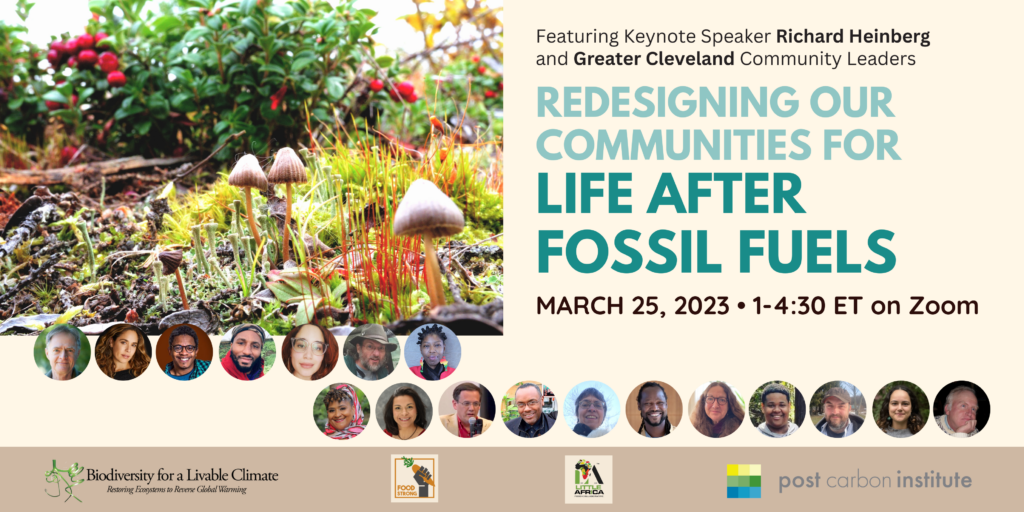
Biodiversity for a Livable Climate is partnering with the Post Carbon Institute and many local community groups to bring you a series of events on transitioning our communities to manage our ecological crises. These events are taking place virtually on Zoom and in-person at community events in 6 locations throughout the U.S. and Canada. Our first three events were hosted with community leaders from Montgomery County, Maryland, Kansas City, and Los Angeles.
Join us for our fourth event on Saturday, March 25, 2023 on Zoom with local leaders from Cleveland as we share resources, expertise, and actionable solutions to build resilience for these rapidly changing times.
Keynote Speaker
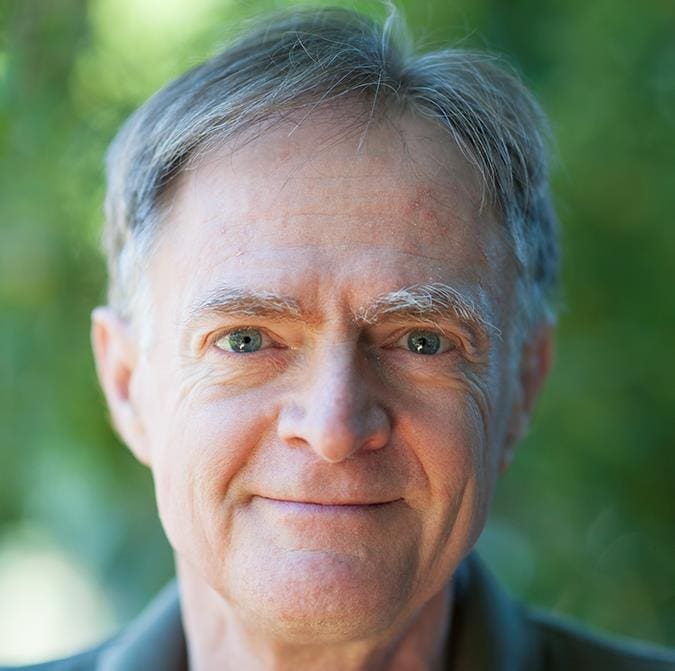
Life After Fossil Fuels
Richard Heinberg, Author, Senior Fellow, Post Carbon Institute
Richard Heinberg is a Senior Fellow at Post Carbon Institute and is the author of 14 books, including POWER: LIMITS AND PROSPECTS FOR HUMAN SURVIVAL, along with hundreds of essays and articles, some of which have appeared in NATURE, WALL STREET JOURNAL and THE AMERICAN PROSPECT. He has lectured on 6 continents and has appeared in numerous environmental documentary films.
It’s time to scale way back, redesign how we’re living and roll up our sleeves to restore our ecosystems, soil, biodiversity and connections with our neighbors.
As we learn and take action on how to live within the Earth’s limits, it’s vital that we co-invent and redesign our new lifestyles together with all members of our communities, especially our under-resourced community members, who are often the most seriously impacted by the climate and other crises.
Let’s include everyone in the conversations, the plans, and the funding. We must move forward by coming together, learning from one another, and supporting each other as we strengthen our resilience and face the challenges ahead.
Main Session
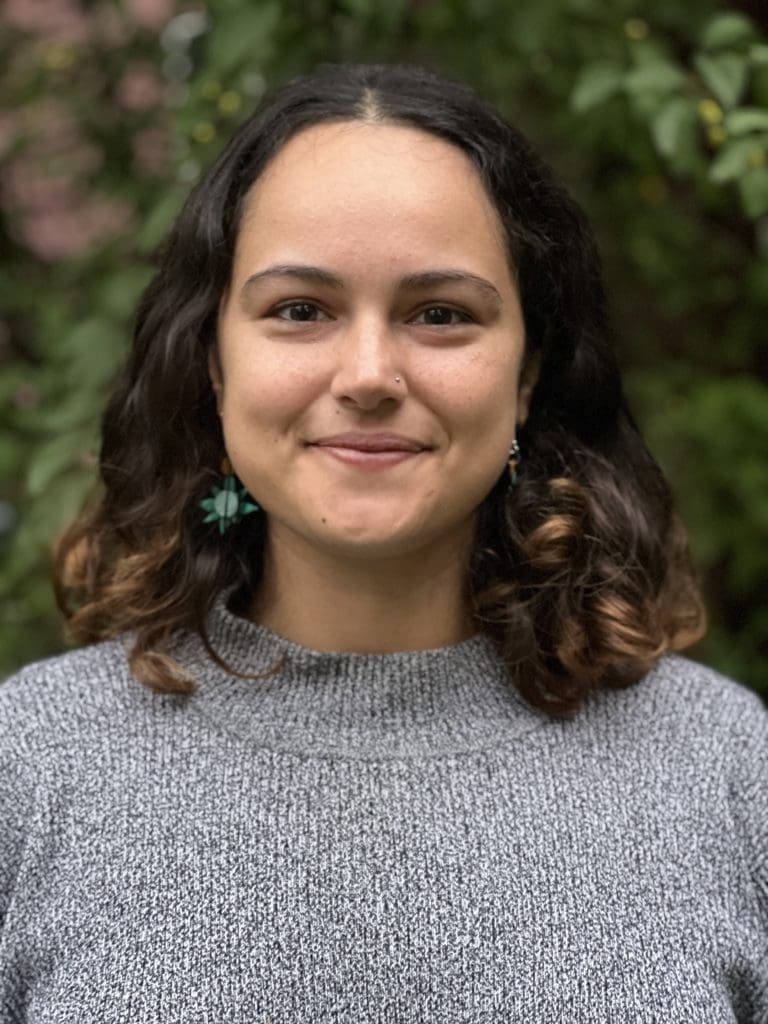
The Power of Ecosystem Restoration
Maya Dutta, Assistant Director of Regenerative Projects, Biodiversity for a Livable Climate
Maya Dutta is an environmental advocate and aspiring ecosystem restorer working to spread understanding on the key role of biodiversity in shaping the climate and the water, carbon, nutrient and energy cycles we rely on. She is passionate about climate change adaptation and mitigation and the ways that community-led ecosystem restoration can fight global climate change while improving the livelihood and equity of human communities. She works on project management, Miyawaki forests, partnerships, research, outreach, and education and advocacy efforts at Bio4Climate. Having grown up in New York City and lived in cities all her life, Maya is interested in creating more natural infrastructure, biodiversity, and access to nature and ecological connection in urban areas.
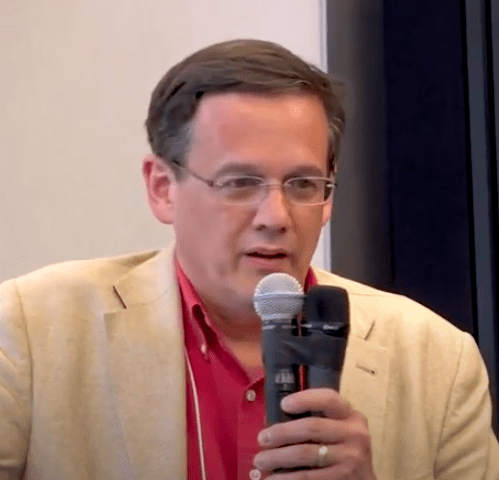
Why Growing Food Must Be Our Top Priority
Philip Bogdonoff, Board Member; Director, Bio4Climate’s D.C. Chapter, Biodiversity for a Livable Climate
Philip Bogdonoff is a co-founder of Biodiversity for a Livable Climate’s Washington DC Chapter. He is a past trustee and board chair, Friends Community School; Co-founder, Sustainable Washington Alliance; Vice President, Millennium Institute; Consultant, World Bank Environment Department; Research Assistant, Section of Ecology and Systematics, Cornell University. Philip and Jim Laurie constructed Washington, DC’s first “Living Machine” more than 15 years ago.
Panel and
Breakout Discussions
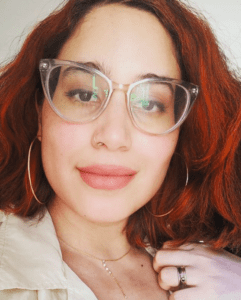
Panel Moderator:
Transforming Cleveland’s Food Infrastructure to Rapidly & Equitably Increase Local Food Production (with Ismail Samad, Mikki Smith, Sara Continenza, and Marc White)
and
East Palestine and Other Communities: Nature’s Solutions for Toxic Land and Water (with John Wright, Coakí, and Jim Laurie)
Jess Alvarez-Parfrey, Executive Director, Transition U.S., Justice, Equity, Decolonization, and Imagination (JEDI) Consultant
With a background in community organizing, nonprofit fundraising, and environmental activism (formerly with Greenpeace USA), Jessica Alvarez-Parfrey finds joy in seeking transformative opportunities for radical collaboration and community co-creation. Having worked on food, housing, community health and wellness, and other issues, Jess is a life-long learner of all things that would allow us to reimagine our relationship to the earth and to one another.
Jess is a nepantlera, mother, creative, caretaker of 44 acres of land, and a JEDI consultant working in service to the project of collective liberation. She received her B.A. in Environmental Studies from the University of California at Santa Barbara , and is driven to nurture opportunities for joy, healing, community-based strategy, and design informed by decolonized practice and methodologies.
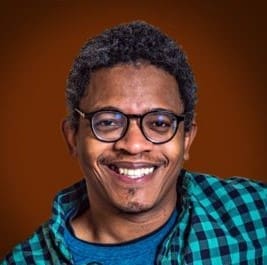
Panel: Transforming Cleveland’s Food Infrastructure to Rapidly & Equitably Increase Local Food Production (with Mikki Smith, Sara Continenza, and Marc White)
and
Diving Deeper into Transforming Cleveland’s Food Infrastructure (with Marc White)
Ismail Samad, Co-Founder, Loiter, Chef, Social Entrepreneur, Closed Loop Food Systems Expert
Ismail Samad is a native of East Cleveland, Ohio a social entrepreneur, enterprise developer, chef, and a closed loop food systems expert. While studying environmental biology in college, and working in some of the top restaurants in Cleveland, Ismail developed a passion for the culinary arts. He opened his first cafe, Crust and Crumbs at the age of 23.
After relocating to Vermont, he became deeply involved in the farm-to table movement which gave him insight into the impact of food waste, and created in him a resolve to find creative solutions to solve the problem. To this end, he founded a new restaurant concept, The Gleanery. The restaurant eliminates waste and showcases culinary artistry with high end fare, all while providing economic opportunities for local farm partners.
Ismail served as culinary director and was pivotal in the planning, launch and early expansion of Daily Table, nonprofit grocery stores in Roxbury and Dorchester, Massachusetts. Daily Table focuses on addressing the conflicting issues of food insecurity, nutritional health, and wasted/surplus food to provide healthy affordable meals to those in need. Ismail is also the former director of Contract Manufacturing and Culinary Operating for Commonwealth Kitchen, a nonprofit business incubator located in Boston, MA specializing in building a new food economy grounded in racial, social, and economic justice.
He brings his experience as board president for Boston Area Gleaners, his ability to connect with others to put strategic partnerships in place, as well as his experience in managing local supply lines, to lead Loiter to develop urban farming in East Cleveland to provide produce directly to businesses. This means that every part of the supply chain will be owned by East Clevelanders. Ismail is specializing in leading the Loiter Marketplace as well as Loiter’s Farms & Apiaries enterprise.
While it may take years to repair the damage caused by neglect, economic disinvestment, and injustice, Ismail believes in the people of East Cleveland to build up a new cultural renaissance.
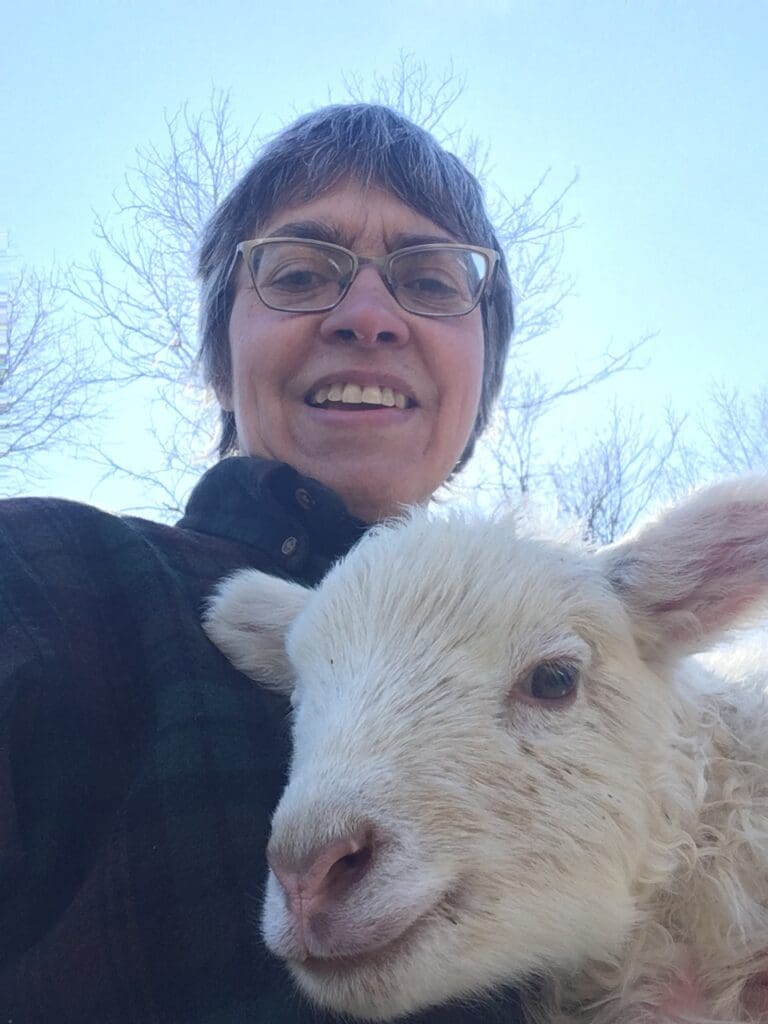
Education and Skillbuilding Without Schooling: Models for the Transition to Life After Fossil Fuels (with Ellijah Willis)
Kelly Clark, Owner, President, Kelly’s Working Well Farm, Founder, Chagrin Valley Learning Collective
Kelly Clark is a permaculture farmer/educator and owner of Kelly’s Working Well Farm in Chagrin Falls. She advocates for connection to nature and freedom from coercive instruction for kids of all ages.
Kelly grew up spending her free time reading and exploring the woods with the neighborhood kids. She majored in physics at The University of Chicago (BA) and The University of California at Santa Cruz (MA). Kelly taught in several mostly progressive/mainstream educational environments from kindergarten through college undergraduate level. During that time she developed a variety of curriculum in science (physics, chemistry, physical science), math (algebra & statistics), food systems, and engineering/design and was constantly experimenting with approaches to increase students’ engagement with the material (coaching, team-work, inquiry-based learning, problem-based learning, experiential learning, and so on). After over a quarter of a century she had to acknowledge that she had failed to discover an approach that would result in authentic, deep, and lasting learning for even a fraction of the students. Rather she found that most students (at the high school level) were primarily focused on the evaluation aspect rather than meaningful engagement with the material. And on top of that, they had very little free time and were highly stressed.
On the advice of a colleague, she looked into the democratic education model first practiced in the US by Sudbury Valley School in Massachusetts and the work of Peter Gray and his book, Free to Learn, about the fundamental role of free play in learning. She also discovered permaculture and systems thinking, which also changed the course of her life and inspired Kelly to leave her job at an elite private school to start the Chagrin Valley Learning Collective on her permaculture farm.
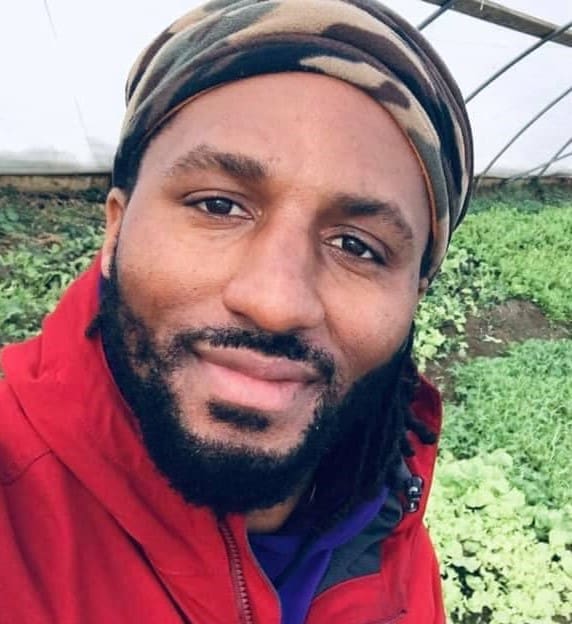
Turning Lawns and Vacant Lots into Edible Landscapes and Urban Farms (with Mari Keating)
Jamel Rahkeera, Co-Founder, Director, Urban Farmer, Village Family Farms
Jamel Rahkeera, a native Clevelander, grew up knowing that he wanted to run his own business. Little did he know that he would be in the business of farming and agriculture. After he started shopping at Whole Foods and spending his whole paycheck, he decided to start a backyard garden behind his apartment. This small project sparked a real love of growing food and being outdoors. Looking for a way to further enjoy this passion, he decided to resign from his job as a professional welder and pursue farming full-time. He and some friends began by pulling bricks and building debris out of the ground in three lots along Harkness Avenue in the Hough neighborhood of Cleveland. It was an extensive process to get the land back to growing potential. Now, Village Family Farms is an urban farming compound in its 14th year, located along Harkness and Crawford, wrapping behind a few houses and bordering the baseball diamonds of the Cleveland’s Thurgood Marshall Recreation Center and park.
A portion of the property is reserved for high tunnel production and market growing. Another portion is for the community to grow their own food and enjoy nature. Jamel has created a peaceful oasis in what used to be considered an eyesore. Community members now come to hang out, sit under the trees and listen to the running waters of Jamel’s solar pond. The farm’s proximity to the park gives Jamel an opportunity on a daily basis to invite young men from the neighborhood who are hanging out in the park to come to the farm and get involved. He calls the young men as they walk down the street to come check out what he’s up to as an effort to “steer them away from negativity” and give them a positive male role model in the community.
Jamel and his friends also engage with the elders of the community who have taught him a lot about growing and about the history of the Hough neighborhood. “We’re just following in the footsteps of the people who did this before us. We stay thankful for people like Fannie Lewis and Carl Stokes,” he says. Each year, the Village Family Farm invites the whole community to celebrate a harvest festival with spoken word, live DJ, and neighborhood elders who tell their stories.
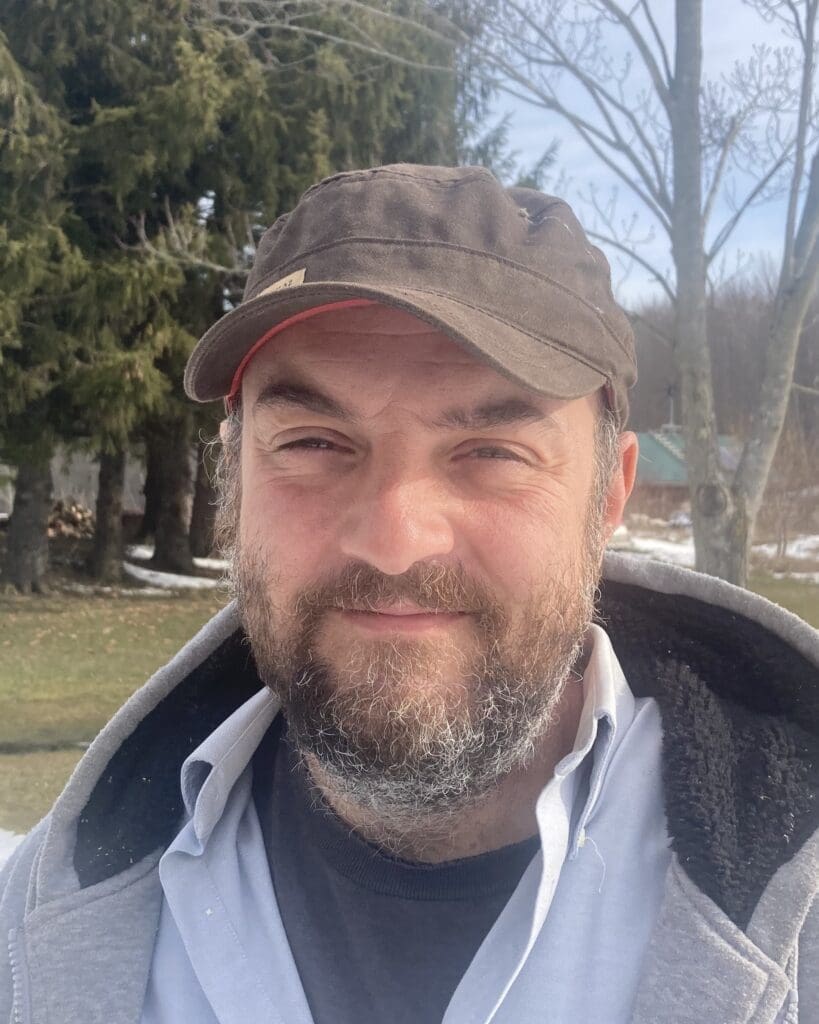
East Palestine and Other Communities: Nature’s Solutions for Toxic Land and Water (with Coakí, Jim Laurie, and moderator Jess Alvarez-Parfrey)
John Wright, Horticulturist, Self-Taught Permaculture Expert, Educator,
Red Beet Row and Reeds and Roots Skillshare
John is a self-taught permaculture expert and was formally trained as a horticulturist at the Ohio State University. He uses biological inoculations, remineralization, humic substances, and other soil amendments to remediate and support the soil in creating dynamic life systems.
John is an excellent teacher and workshop leader for all ages. He also provides private consultations to land owners interested in transforming their property into a permaculture paradise. He has worked with community gardens and faith-based institutions. He knows from experience how to grow food in anything: tiny inner-city plot, a windowsill, hidden public spaces, on acres and acres of rural land, etc. John is a master seed saver, plant-identifier, creative-thinker, and dreamer. He was born and raised in Jefferson, Ohio.
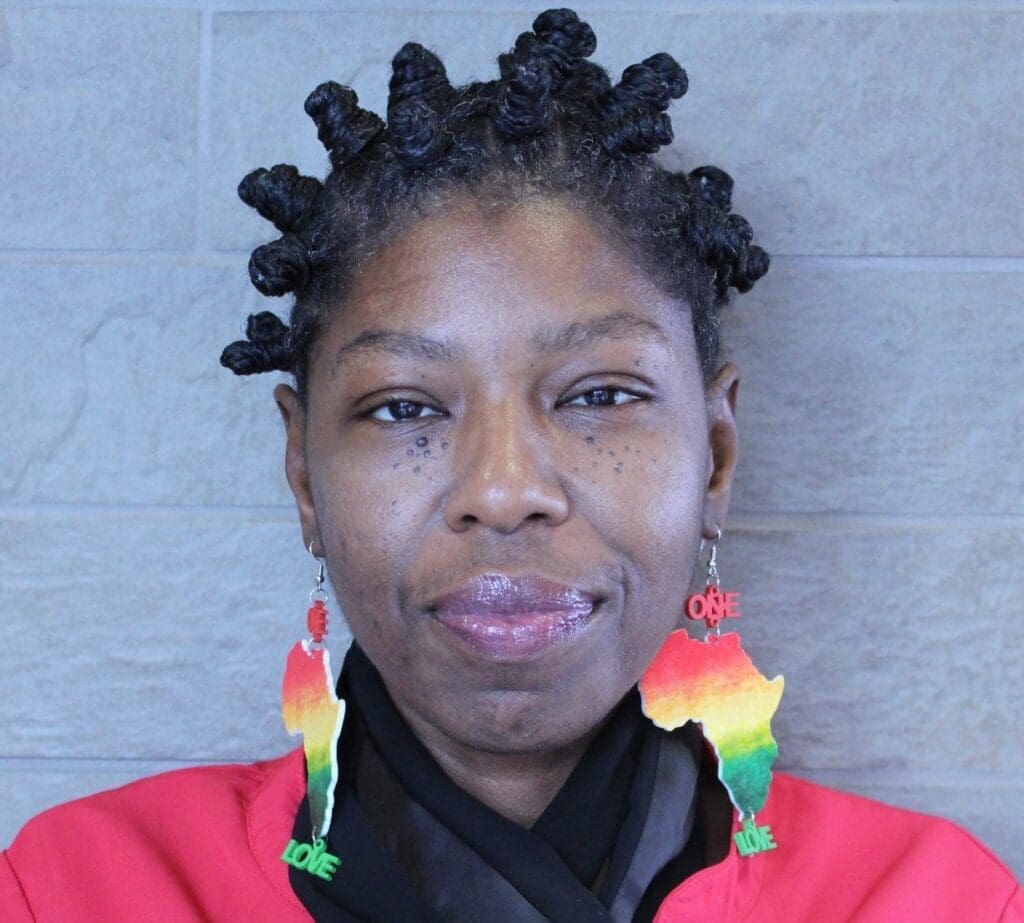
Panel: Transforming Cleveland’s Food Infrastructure to Rapidly & Equitably Increase Local Food Production (with Ismail Samad, Sara Continenza, and Marc White)
and
“THE LAND” – Justice, Equity and Access
Mikki Smith, CEO, MLSJ Consulting LLC, Executive Director, Little Africa Food Collaborative, Education Associate, Food Strong
Makanya Latasha Sarvera Smith, also known as “Mikki,” was raised on the West side of Cleveland. She received both her Master’s Degree and Bachelor’s Degree from the University of Phoenix in Beachwood, Ohio. Mikki worked for the Medical Mutual of Ohio in Information Technology for 22 years, and then retired to pursue her work in the community, making sure those who do not have a voice can be heard. She currently works as a consultant in food security, food nutrition, and as a food educator for a plethora of communities. She is the executive director of the Little Africa Food Collaborative, an education associate for Food Strong, and the co-director of Environmental Justice CCDP.
She also spends time mentoring, educating, and collaborating with youth, adults, and organizations to be the change agents the world needs today. In 2015, Mikki was recognized for her work by receiving the John Cox Community Leadership Award from the Neighborhood Leadership Institute. She is the President of Taking Back Our Youth (T.B.O.Y.) and founded the wrap-around services program for incarcerated and formerly incarcerated individuals. She has coached youth in football, soccer, volleyball, and basketball, and launched Above the Rim Tournaments to provide a pathway for the youth to develop necessary life skills and gain access to resources they would otherwise not have. This year, she coached her team of 16-20 year old young men, Hoops After Dark, to a 9 and 0 season and an equally impressive perfect attendance record to all practices and games for each of her players.
She is the mother of 3 children and 9 grandchildren and still lives on the West side of Cleveland with her 18 year old son.
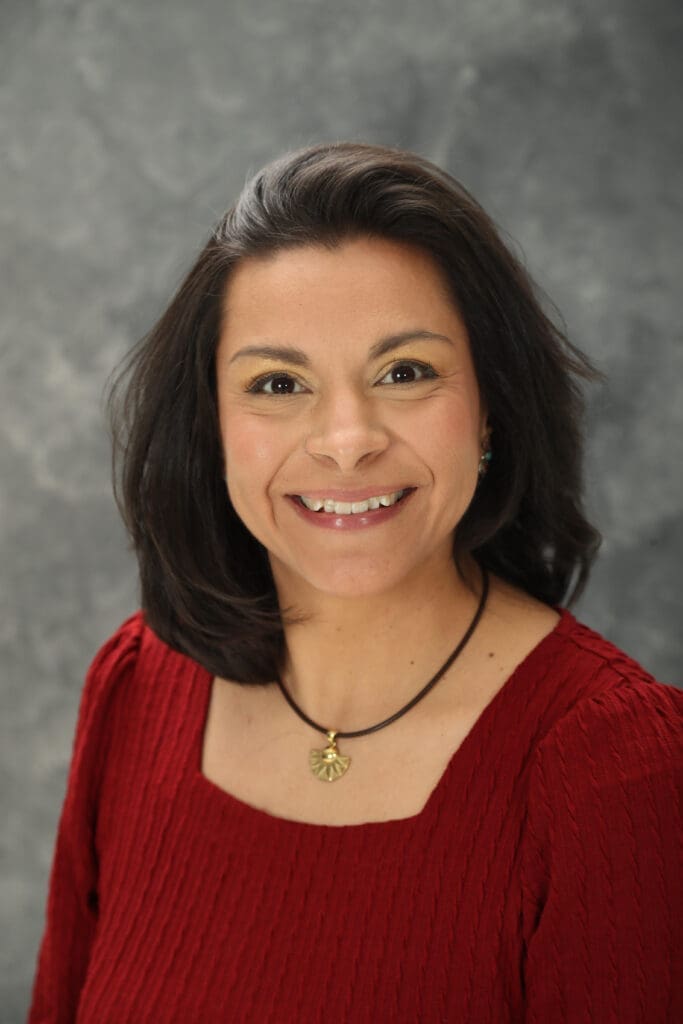
Panel: Transforming Cleveland’s Food Infrastructure to Rapidly & Equitably Increase Local Food Production (with Ismail Samad, Mikki Smith, Sara Continenza, and Marc White)
and
Panel: “THE LAND” – Justice, Equity and Access (with Mikki Smith and Angela Sayles)
Jessica Vallejo, Secretary, The Committee of 500 Years of Dignity and Resistance, Board Member, Lake Erie Native American Council (LENAC)
Jessica Vallejo is the Secretary for The Committee of 500 Years of Dignity and Resistance as well as a Board Member with the Lake Erie Native American Council. She has achieved a BA in Comparative Ethnic Studies and American Studies from The Ohio State University.
She is an alumni member of Alpha Psi Lambda, Alpha Chapter- the first Co Ed Latino/a Fraternity in the United States, founded in 1985 at the Ohio State University. Jessica is Dine, Yoeme and identifies as Xicana.
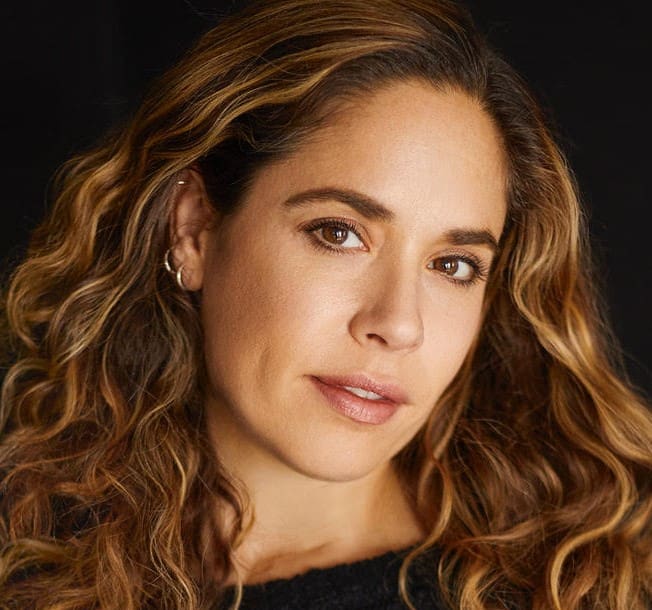
Panel: Transforming Cleveland’s Food Infrastructure to Rapidly & Equitably Increase Local Food Production (with Ismail Samad, Mikki Smith, Marc White, and Jessica Vallejo)
Sara Continenza, Executive Director, Food Strong, Ward 3 Councilwoman, City Council, South Euclid, Ohio
Sara Continenza is the executive director and founder of Food Strong, a nonprofit 501c3 organization serving under-resourced Northeast Ohio communities. Through Food Strong, Ms. Continenza developed a School Garden Toolkit and Curriculum based on Ohio’s Learning Standards, and launched a youth garden and culinary arts program serving schools and community groups. She also coordinates numerous community wellness initiatives for a variety of clients in underserved communities. Through funding and support from Cuyahoga County, Food Strong recently launched a Vacant Lot Restoration Initiative. Food Strong also administers the Fresh Food Connect app, capturing fresh food and plant donations before they are sent to landfills. This project will support local organizations in acquiring and reinvigorating vacant lots through sustainable urban agricultural practices.
Ms. Continenza has over 20 years of youth and community development experience. She served in the Peace Corps in Burkina Faso, West Africa from 2005-’07 and taught English in Japan from 2008-’10. From 2012-2016, Ms. Continenza worked at the Hunger Network, an emergency food provider, managing the community health initiatives, the Stay Well Project and the Gardens of Giving program.
Sara holds a B.A. in English and B.S. in Human Development and Family Science from The Ohio State University, as well as a Master’s in Public Administration and Certification in Nonprofit Management from Cleveland State University. Due to her dedication to community development and engagement, Ms. Continenza was elected as a City Councilwoman in her community of South Euclid, Ohio and is currently serving her second term.
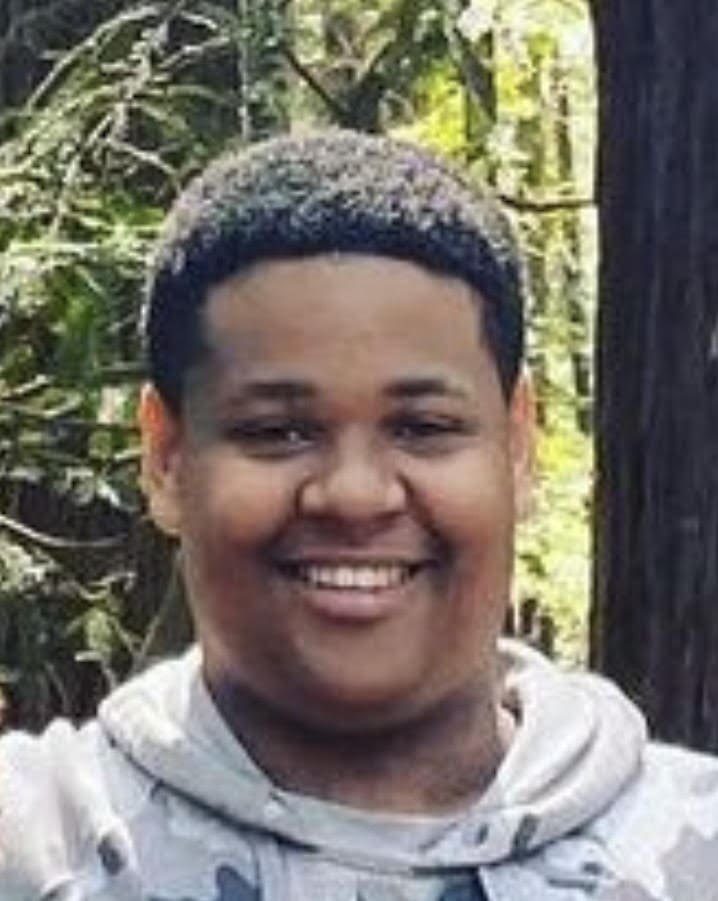
Education and Skillbuilding Without Schooling: Models for the Transition to Life After Fossil Fuels (with Kelly Clark)
Ellijah Willis, Livestock Producer and Processor, Rabbit Hide Tanner, Kelly’s Working Well Farm, Permaculture Student and Teacher, Chagrin Valley Learning Collective
“I am a 15 year-old aspiring farmer and I have been homeschooled my whole life.
I have learned and been exposed to many things through Kelly Clark since I started as a student at Kelly’s Working Well Farm and the Chagrin Valley Learning Collective (CVLC) in 2016 (over 6 years ago). This includes permaculture, working with different types of livestock and how to raise and process them, learning many social skills, and having the opportunity to meet many like-minded people who have helped me and continue to help me learn through the years.
I began raising rabbits in December of 2017, seeking a way to raise a sustainable and easy beginner livestock. Even though I have since stopped raising rabbits due to a change in my location, I continue to help people learn how to raise and process rabbits and also teach people to tan their pelts.
I have also had the opportunity to learn about and raise laying hens and meat chickens. I have helped on chicken processing day many times, typically processing 100 chickens in a weekend.
My education journey has been a unique one to say the least. I am very fortunate to be homeschooled because I can choose the things I want to learn about and when I want to do it. My education has been benefited and enhanced by Kelly and the other staff members at the Farm and CVLC.
This year, I have been planning my garden for the growing season and preparing to start a new journey of growing mushrooms with my dad. I have also just enrolled in 4-H. I have plans to attend college and get my degree in agriculture. I see myself in the future as a farmer and educating people on farming, where their food comes from, how to grow it, and how to live a more sustainable lifestyle.”
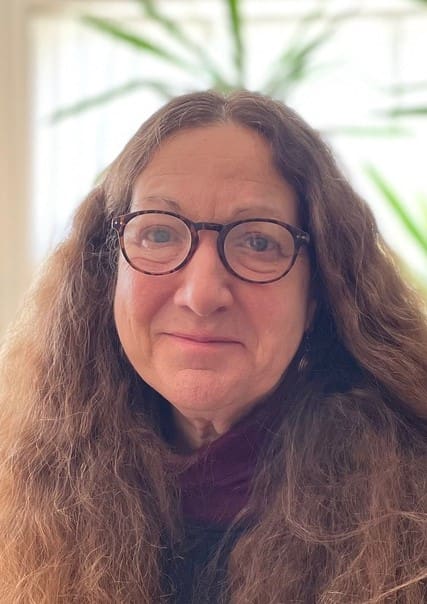
Turning Lawn and Vacant Lots into Edible Landscapes and Urban Farms (with Jamel Rahkeera)
Mari Keating, Founder, Teacher, Permaculture Designer, Food Not Lawns Cleveland
Mari Keating has been an organic gardener and teacher for 40+ years and a permaculture designer and teacher for 12 years. As a result of implementing these homesteading practices at her own home, she now has an ever evolving permaculture food forest with multiple fruit trees and fruit/food-bearing bushes, a greenhouse made from recycled windows, rain barrels, a composting system, greywater diversion, and perennial gardens filled with native species/plants in both the front and back yards.
Mari has been on the cutting edge for decades. Her gardens and ethics have been featured in: Cleveland Magazine, Edible Cleveland, A Garden Life, Green City, Blue Lake (website), The Heights Observer, The Plain Dealer, Doan Brook Watershed Partnership literature and video for Bioneers and the Food Not Lawns International website. Her yard and gardens have been featured on the Heights Community Congress Annual Garden Tour.
In 2002, she created and presented the first rain barrel workshops in Cleveland in conjunction with the Nature Center at Shaker Lakes to teach low-cost, low-tech rainwater harvesting for the purposes of garden and landscape use and to divert rainwater from sewer overflow. These workshops were adopted by the Cleveland Metroparks and O.S.U Extension, with whom Mari presented workshops to urban community gardeners. These workshops continue to be integral to the functioning and community presence of NCSL, et al.
In 2009/10, Mari’s certification in permaculture design from Midwest Permaculture inspired the formation of Food Not Lawns Cleveland – ‘Resilience by the Yard’ and the nearly total conversion of her front lawn to food, flower and herb gardens. Taking permaculture values to the front yard has resulted in greater community awareness of sustainable land use, water conservation and habitat creation. Since then, she has designed and/or facilitated 15 front yard conversions.
Mari’s mission with FNLC has generated yearly seed and plant swaps, the creation of a front “yard” mixed bed garden at Grace Lutheran Church in Cleveland Heights, planters featuring edibles in front of the University Heights Branch library, the creation of the CH-UH Coventry branch Seed Library, an online, open source saved seed inventory, a very active, exclusively local FB group, yearly lawn conversion demonstrations, and many workshops throughout the season.
She has given presentations on “The 4 Whys of Lawn Conversion”, “Permaculture from the Ground Up”, “Unschooling with Permaculture”, and “Eating Organic or Inorganic Produce” at Crown Point Ecology Center, Heights Libraries, Unschooling Waterpark Gathering, Terrace Garden Club, respectively. Mari has a dual Bachelor’s Degree in Anthropology and Sociology and a Master’s Degree in English Literature from John Carroll University in Cleveland.
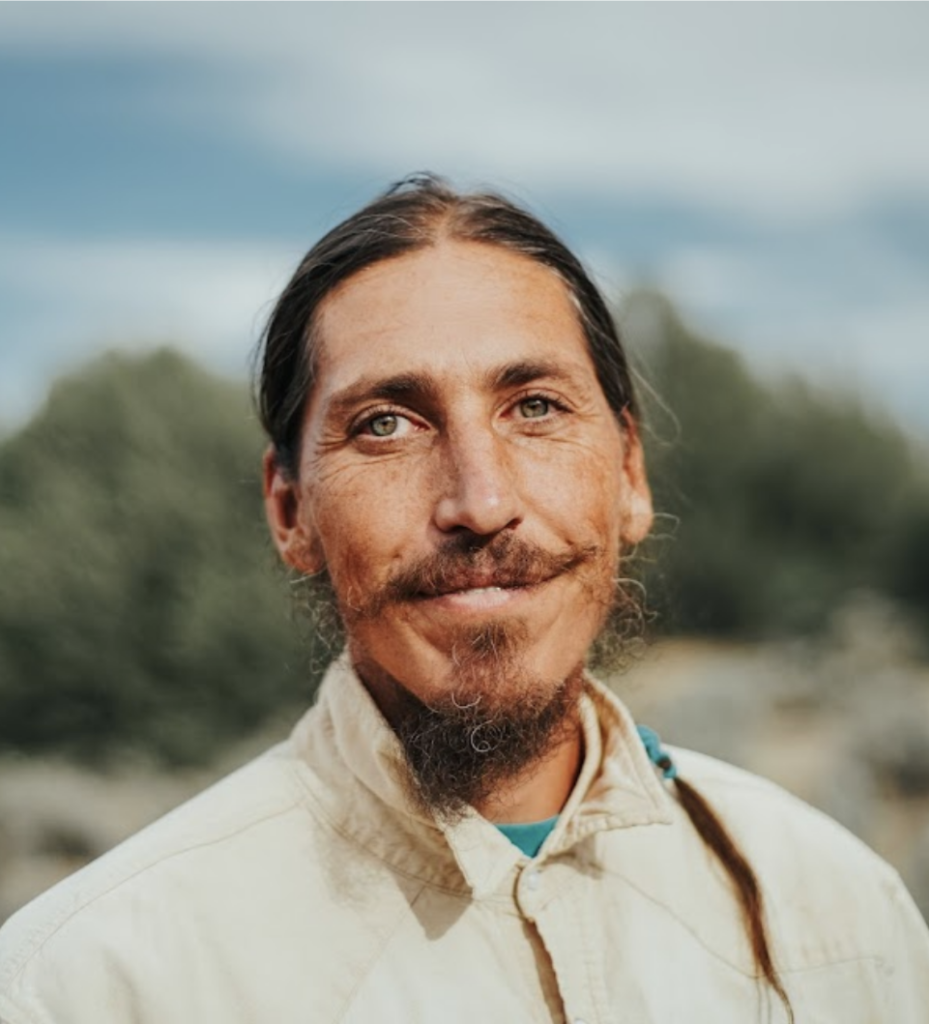
Panel: East Palestine and Other Communities: Nature’s Solutions for Toxic Land and Water (with John Wright, Jim Laurie, and moderator Jess Alvarez-Parfrey)
Coakí, Reforestation and Regenerative Horticulture Practitioner and Educator
Coakí was born in the Oklahoma Seminole Nation and has a long history of organic gardening and organic farming. A student of soil microbiologist Dr. Elaine Ingham, he integrates western science schools of thought in biology, ecology, botany and soil science with modern regenerative ecology practices and indigenous land management wisdom. This includes the ancient form of milpa and the Brazilian traditions which gave birth to syntropic agriculture, bringing the collective picture into his ecorestoration work. This also includes desert reforestation, regenerative horticulture, and food forestry. He lives near the Gila wilderness area in southern New Mexico, USA, where he teaches and practices.
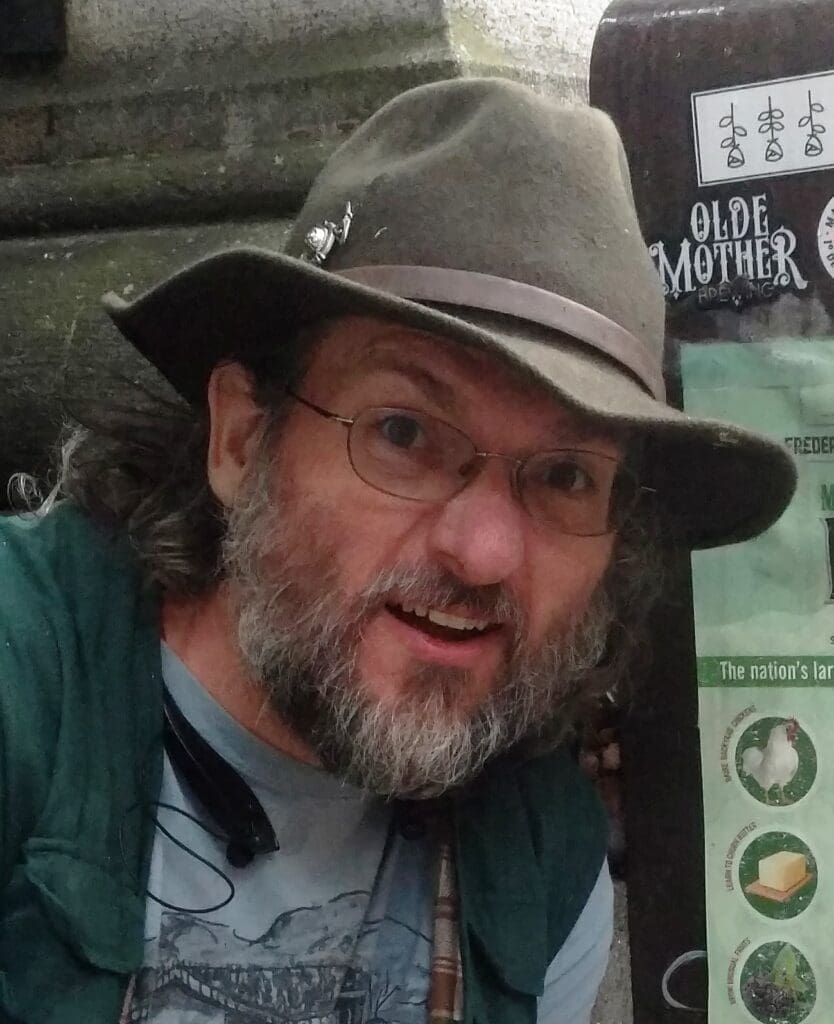
Fire, Mud and Scrap: Almost Free Heat for Your Home or Greenhouse with a Rocket Mass Heater
Chris McClellan, aka “Uncle Mud”, Educator, Builder, Writer, UncleMud.com
Chris McClellan (aka “Uncle Mud”) has been using natural building as his soapbox to preach self-reliance and community empowerment since 2004. Building houses, pizza ovens, and woodstoves with mud and junk is his way of sharing the Can-Do spirit. Chris also has experience building cobb, straw bale and round timber-framed structures, rocket mass heaters (including greenhouse and hot tub heaters), outdoor kitchens, natural roofs, bottle walls, and tree houses.
Uncle Mud can regularly be found writing; hosting eco-tourism builds in Jamaica educating local people and visitors on building with local resources including clay and discarded glass bottles; hosting a mud pit and giving hands-on, DIY building demonstrations and lectures at Mother Earth News Fairs across the country; and at Camp Firebird Roosevelt as an Artist in Residence designing and leading camper-built art and building installations of cob and timber.
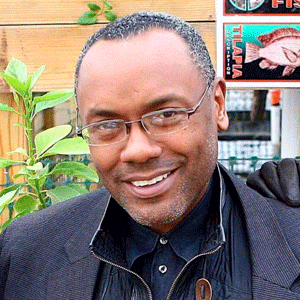
Panel: Transforming Cleveland’s Food Infrastructure to Rapidly & Equitably Increase Local Food Production (with Ismail Samad, Mikki Smith, and Sara Continenza)
and
Diving Deeper into Transforming Cleveland’s Food Infrastructure (with Ismail Samad)
Marc White, Founding Partner, Rid-All Farm Operations Manager, Rid-All Green Partnership, Fashion Designer, Regenerative Specialist and Farmer
As a student of life, and the first African American male graduate of Kent State’s School of Fashion in the Mid 1980’s, Marc White has spent his career drawing inspiration from nature and the creation to form his unique design aesthetic. He has a philosophical vision of “traditional” clothing and culture that translates into completely modern sartorially pleasing and covetable wear. He brings vitality and art to a segment of this industry that was considered out of touch with the urban community for years. His products are classified green, focusing on providing sustainable and affordable articles made with longevity in mind. His manufacturing employs socially conscious production methods, or low impact processes as well as the use of vintage, re-purposed and or up-cycled products.
As with clothing, Marc saw early on that the human body is the original canvas of God’s creative expression and that contemporary standards of beauty were not favoring the innate resident beauty that every human naturally possessed; creating low self-esteem and identity crises in many people. To echo Marc “We are an outer reflection of an inner condition.” Optimum health through nutrition and righteous thinking plays a major role when it comes to our aesthetic beauty and overall wellness.
Living abroad between 1990 and 2010, Marc had the opportunity to reside in West Africa, Israel and Europe. Steeped in the deep rich culture of his journeys, he has gleaned much creative inspiration from this exposure. In 2003 Marc Co-Founded the Dimona Greening Company, an urban greening company in Southern Israel whose objective was to raise the green standards and practices of the people there. This initiative fostered personal and environmental consciousness towards a more sustainable and regenerative life.
In the Fall of 2011 Marc was propositioned by longtime friends, fraternity brothers and Rid-all Co-founders Keymah, Damien and Randy to come back to Cleveland, manage the project and bring his spirit to the farm. Marc has produced a line of clothing and products that demonstrated a combination of utility and elegance called “Reconstructed”, as well as a regenerative juice and food product line called “The Urban Farm Doctor’s” super food line. Marc specializes in growing relationships, healing herbs and succulent plants seen and experienced every time you come by their farm.
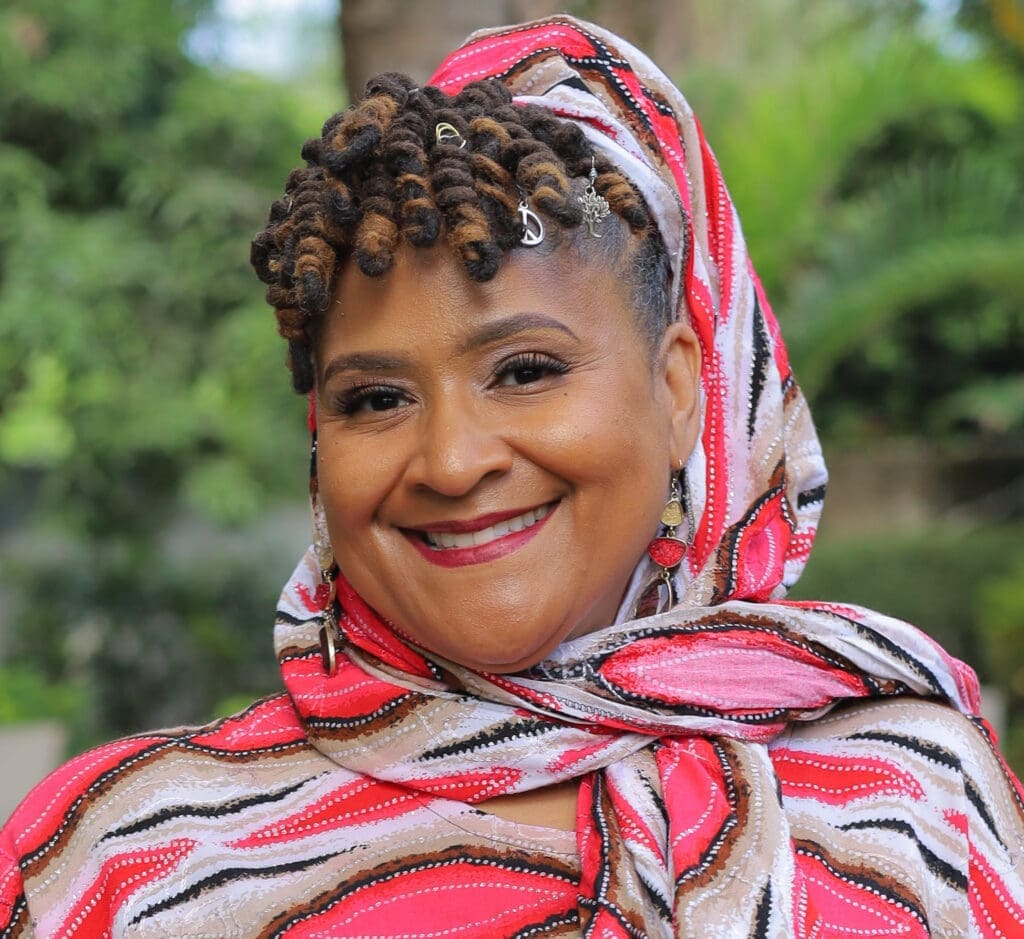
Panel: “THE LAND” – Justice, Equity, and Access (with Mikki Smith and Jessica Vallejo)
Angela Sayles, CEO, Little Africa Food Cooperative, Member & Market Research Facilitator, National Black Food & Justice Alliance
Angela Marie Sayles, Cleveland native, is involved in local, national and global projects addressing land and food rights, cooperative ownership equity, financial sustainability in agribusiness, and social enterprise fund development. She facilitates sustainability training for Cleveland residents with greenspace projects and is currently serving on a community land trust committee with the Vital Neighborhoods working group under the City of Cleveland Mayor’s Office of Sustainability.
Angela holds the position of CEO for the Little Africa Food Cooperative. She served as a mentor to the Food Systems Change Fellowship | Nourishing Power program facilitated by Case Western Reserve University. She advocates for local food systems and cooperatives lobbying within the Ag Noire Coalition and the National Cooperative Business Association. Angela’s work with National Black Food & Justice Alliance Market Study Group Research Facilitator has produced a 40-page summary report on the topic of Rethinking Market Studies for Black led cooperatives. Most recently, Angela hosted the United Nations parallel event focused on Innovation and Technology in Land and Food Rights for Global African Women and Girls at the 67th Commission on the Status of Women.
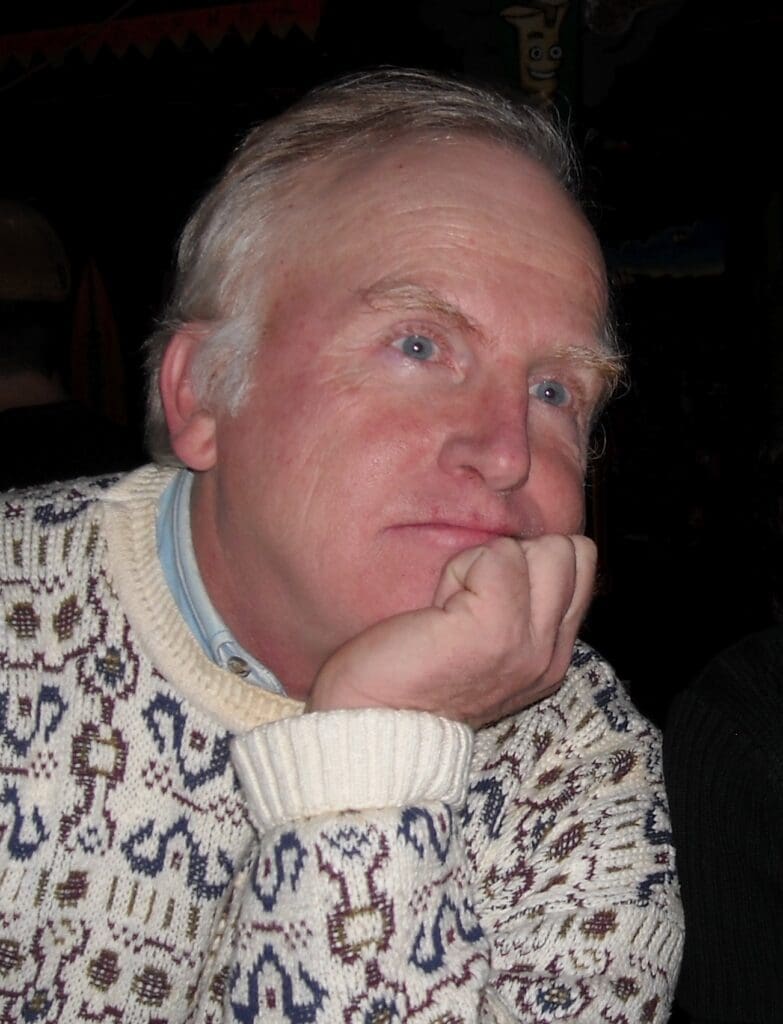
Panel: East Palestine and Other Communities: Nature’s Solutions for Toxic Land and Water (with John Wright, Coakí, and moderator Jess Alvarez-Parfrey)
Jim Laurie, Restoration Ecologist, Biodiversity for a Livable Climate
Jim Laurie is a restoration ecologist, educator, consultant, and co-founder of Biodiversity for a Livable Climate. For twenty years, Jim worked as a biologist and technical trainer in the chemical industry in Houston, Texas, where he pioneered the use of living machines to biologically remediate wastewater more effectively than conventional technology. In 1995, he relocated to Vermont to manage the world’s largest “Living Machine” designed by ecological visionary John Todd to clean raw municipal sewage without toxic chemicals. Through his decades of research, he discovered and demonstrated the power of self-organizing microbes to detoxify and restore natural ecosystems.
He then consulted on projects to restore the redwood forests and Pacific salmon fisheries, and implemented flood prevention using ecological design. He studied Holistic Management of grasslands with Allan Savory and the Savory Institute, built a lab to study fungi and grow mushrooms using the pioneering work of Paul Stamets, and worked with the International Wolf Center in Minnesota to learn about predators and the biology of the north woods. In 2017, he developed “Scenario 300,” an analysis demonstrating that if just half the available land on the planet were restored, atmospheric carbon concentrations could fall to 300 ppm within four decades.
Jim received his B.S. in Biology at Rice University and his M.S. in Future Studies at the University of Houston in 1997 where he completed his thesis on “Biological and Educational Tools for Reversing the Loss of Biodiversity in the 21st Century.” Jim loves to teach and inspire curious students of all ages in understanding the power of natural systems. His “Homeschool Symbiosis Team,” ages 15-18, presented at four Bio4Climate conferences.
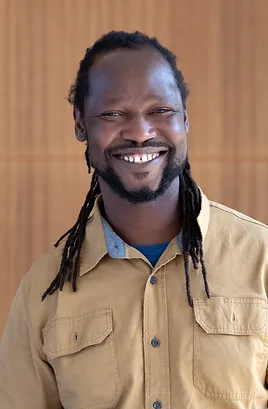
Spoken Word Poetry
“Ras Solo,” aka Benjamin Simmons, Spoken Word Poet, Gullah Amer’ican, Gullah Nation, Founder, President, Tru Amer’ican / Top Notch Home Servicing, Board Member, Food Strong
“Ras Solo,” also known as Benjamin Simmons, is an Army veteran, seasoned poet, mentor, and Gullah Amer’ican of the Gullah/Geechee Nation. For more than 20 years, Ras has been pioneering a new method of mentoring at-risk community members into leaders and role models. He provides job readiness training in building maintenance to youth and adults and engages them in self expression through poetry and performing arts, based on his Gullah Amer’ican tradition and culture. In 2018, he formed the 501c3 grassroots organization United GLH Sea Island Foundation (UGLHSI) to fulfill this mission.
His hard work, unique style, and electrifying stage presentation has earned him recognition for his Gullah Soullyrics as original Gullah music at the Gullah/Geechee National African Music and Movement Festival in 2004 by Queen Quet chieftess of the Gullah/Geechee Nation.
He is the founder and president of Tru Amer’ican / Top Notch Home Servicing LLC, which provides handyman services, building maintenance, and property preservation for residential and commercial companies throughout Northeastern Ohio.
Ras is a board member of Food Strong, a board member and community rep of Step Forward at National Head Start, a member of Black on Black Crime, and a member of The Hungry Poet’s Society. He is a former member of the Cleveland Entertainment Coalition, where he served as co-chair on the Creative Community Service Committee.
National Hosts

Cleveland Hosts
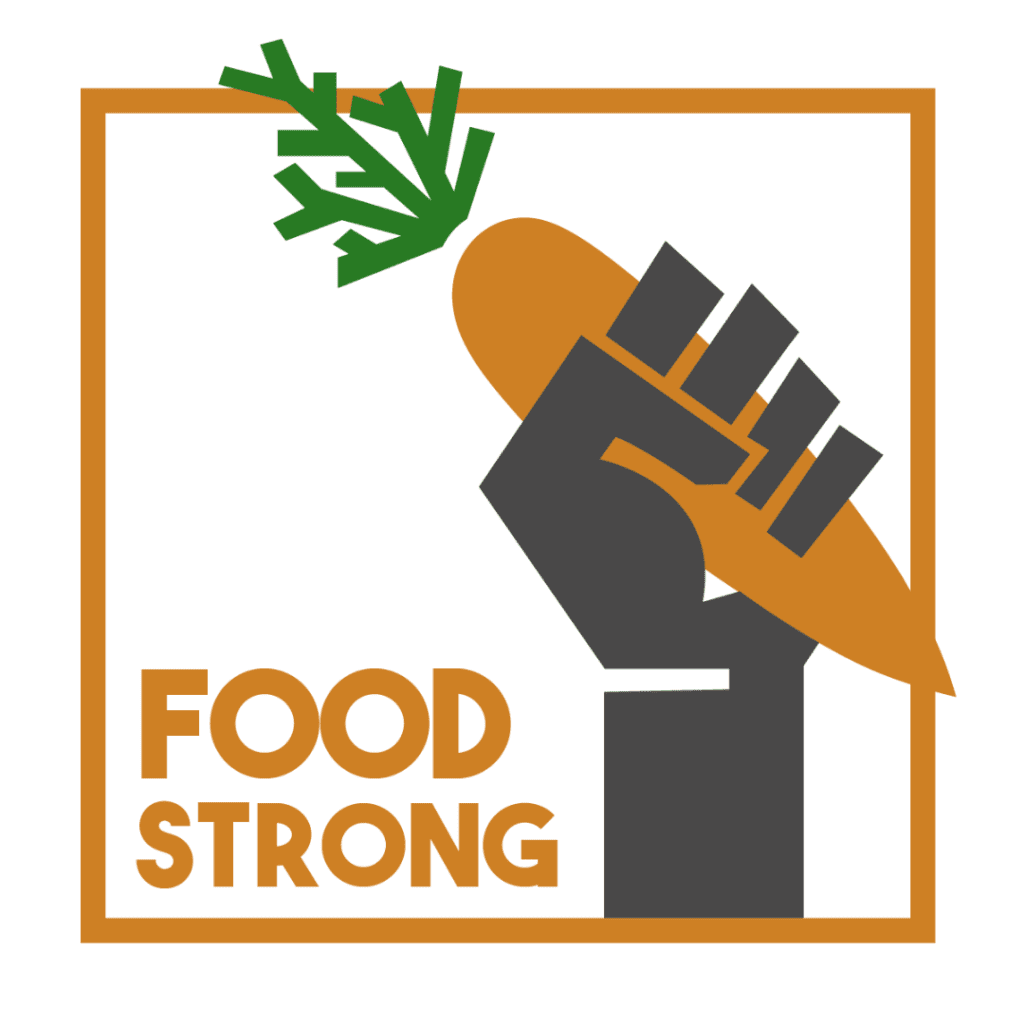
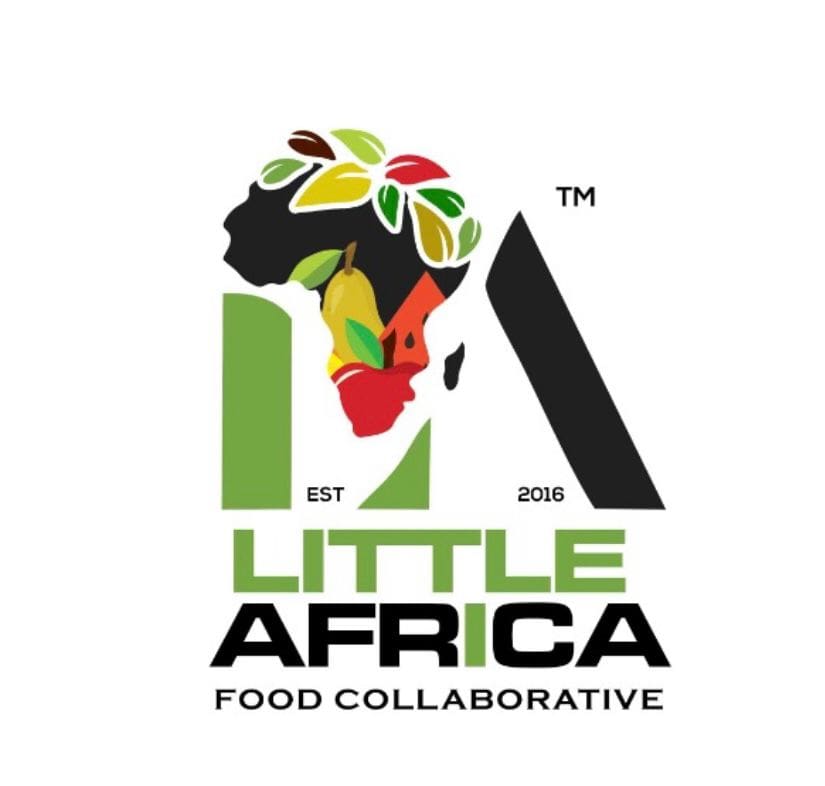
Sponsors
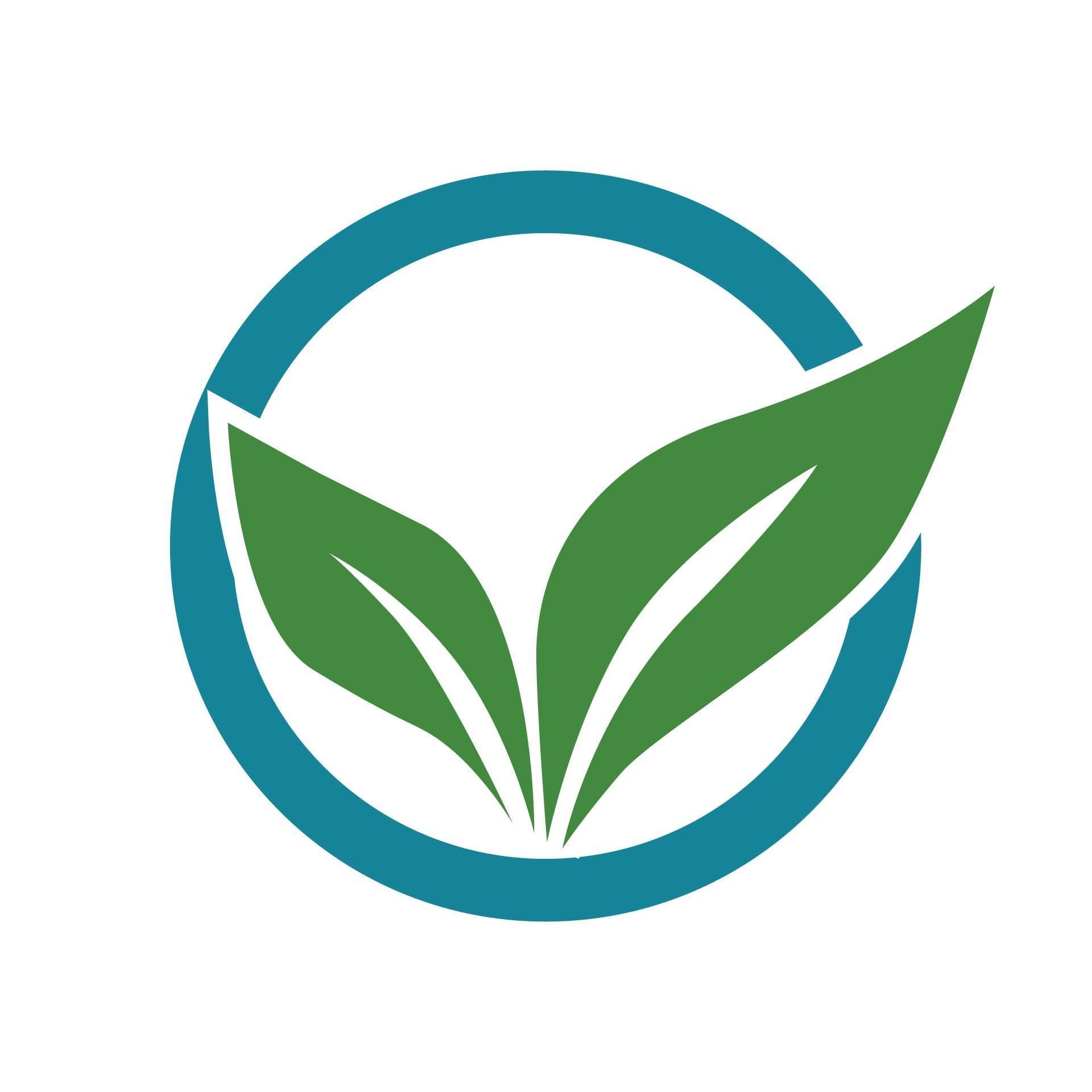



Partners






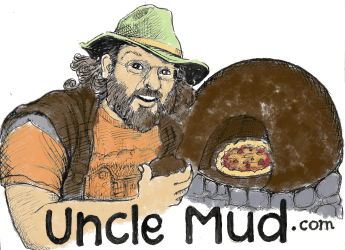


If your organization or business would like to become a sponsor, please contact us at lifeafterfossilfuels@bio4climate.org or at 443-257-3209.


